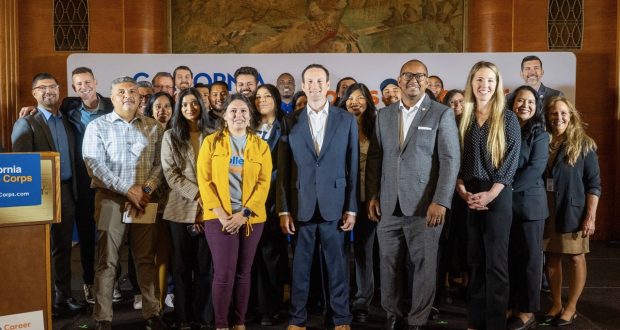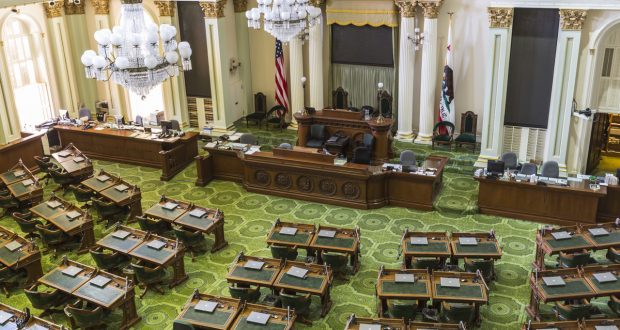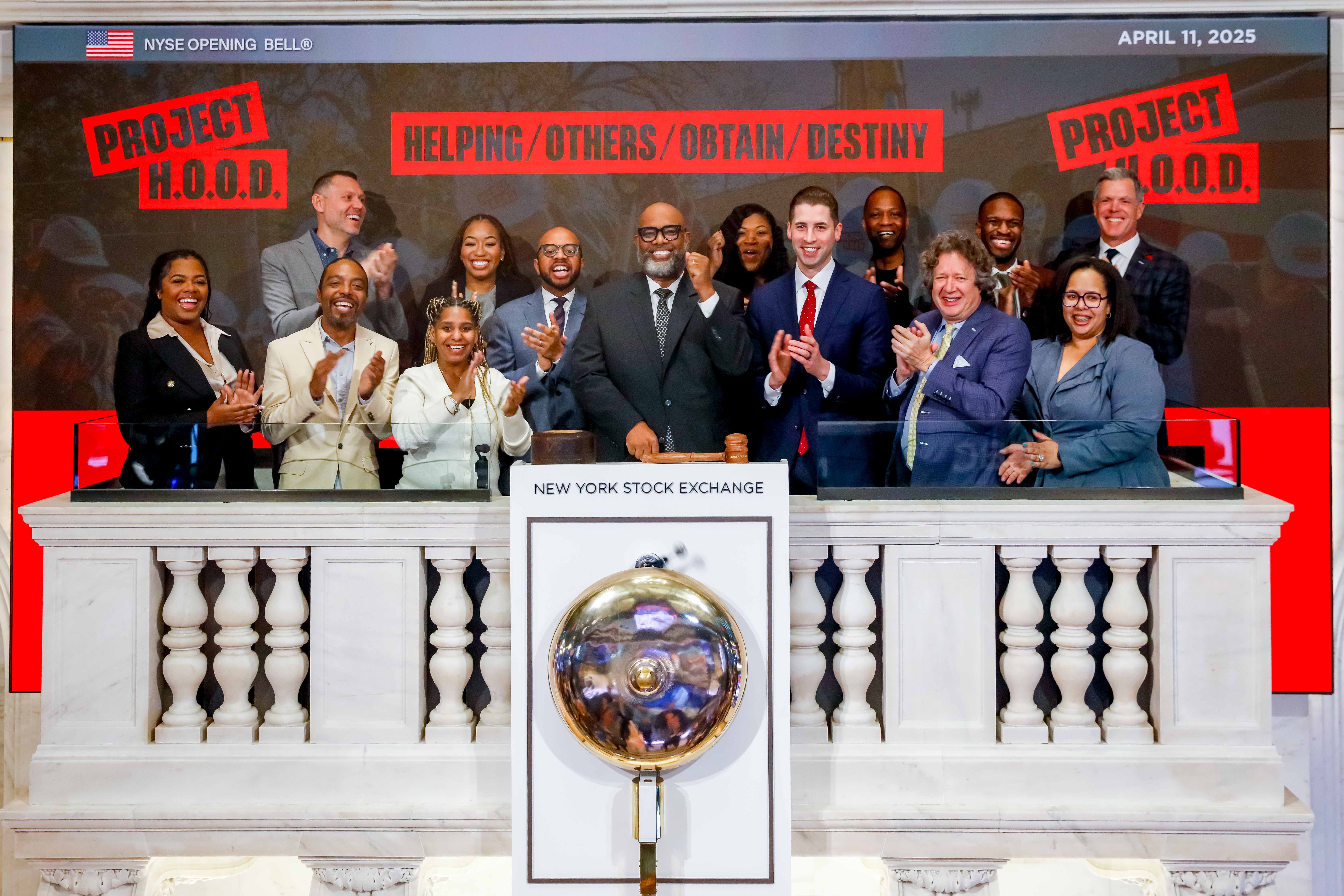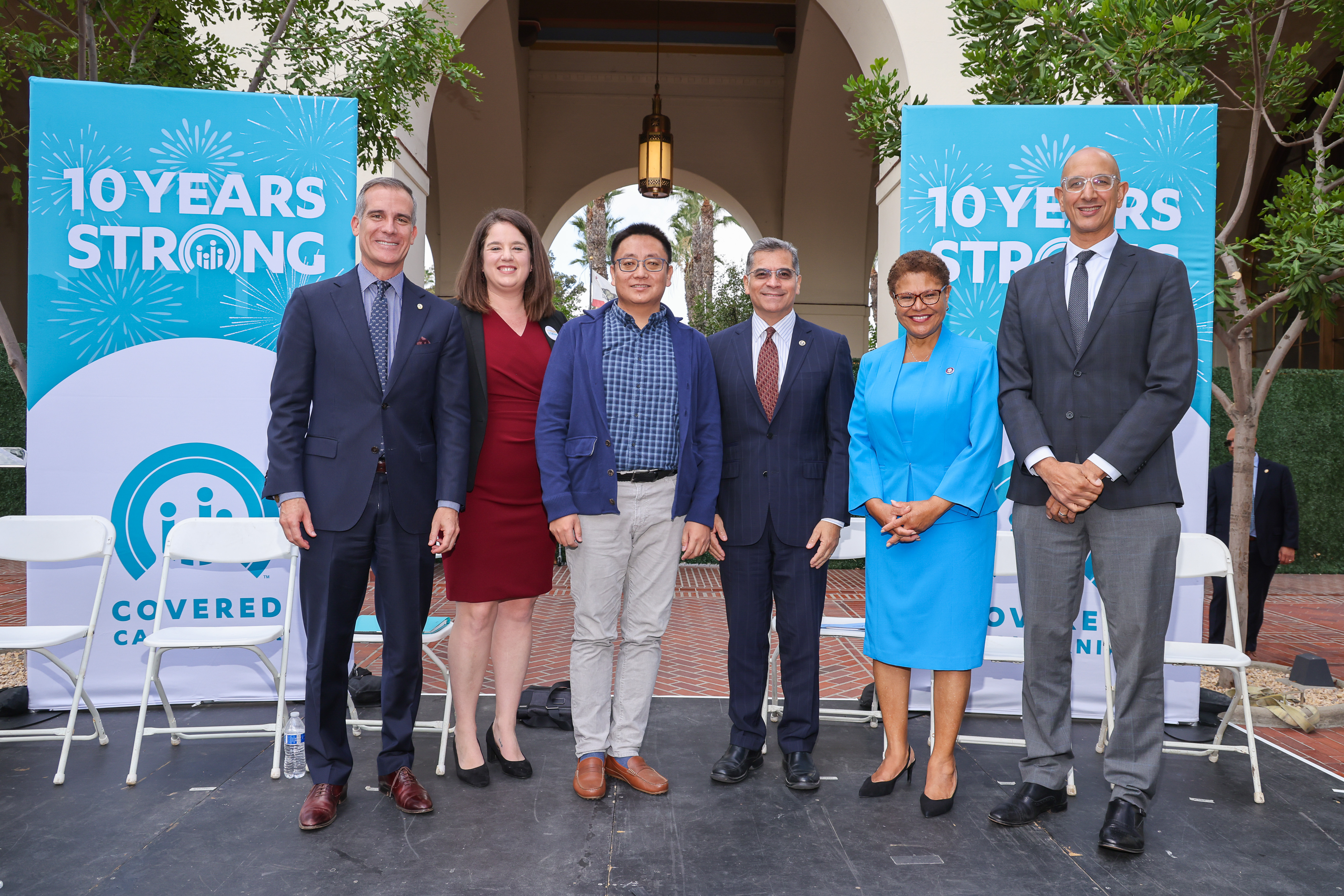BALTIMORE, MD – The Alpha Phi Alpha Fraternity, Inc. congratulates Brother Wes Moore on his historic Maryland Gubernatorial Election win yesterday to become the first African American Governor-Elect of the state.
Brother Moore, a 2000 Sigma Sigma Chapter initiate at John Hopkins University and a member of Delta Lambda Chapter in Baltimore, is an investment banker and television producer, who has also authored five books, including The Other Wes Moore and The Work.
“Alpha Phi Alpha Fraternity, Inc. congratulates Brother Wes Moore on his historic Maryland Gubernatorial Election win last night,” said General President Willis L. Lonzer, III, Ph.D. “As Maryland’s first African American governor, Brother Moore continues the Fraternity’s unparalleled legacy of leadership and firsts. He joins the list of Alpha’s other men of distinction in public service, who are US senators and congressmen, mayors, state representatives and senators, city councilmen, and others, who proudly serve the United States as a nation, states, cities, and communities. We look forward to the progressive and thoughtful leadership he will provide to the state of Maryland and the example he offers to the people of the United States of America.”
Brother Moore, who graduated from Hopkins, received a master’s degree from Wolfson College, Oxford as a Rhodes Scholar. He also proudly served several years in the U.S. Army and the Army Reserve. In addition, Brother Moore, the former CEO of The Robin Hood Foundation – one of the nation’s largest anti-poverty organizations, was the host of Beyond Belief on the Oprah Winfrey Network, as well as the executive producer and writer for Coming Back With Wes Moore on PBS.
In July, Winfrey, endorsed Brother Moore through a campaign advertisement, calling him a “transformational leader.”
“This moment that we’re in demands of different type of leader,” said Winfrey. “For governor in Maryland, you have one in my friend, Wes Moore.”
Brother Moore, who is married with two children, lives in the Guilford community in north Baltimore.
“With the Fraternity’s General Office headquartered in Baltimore, MD, we are especially excited and proud to have a fellow Alpha Brother leading the state, who lives in the city and has led a life of dedicated public and community service,” said Brother Sean L. McCaskill, the Fraternity’s executive director. “We are committed to providing our support to him in the state as well as fostering further opportunities to provide service to our communities.”
 Westside Story Newspaper – Online The News of The Empire – Sharing the Quest for Excellence
Westside Story Newspaper – Online The News of The Empire – Sharing the Quest for Excellence










